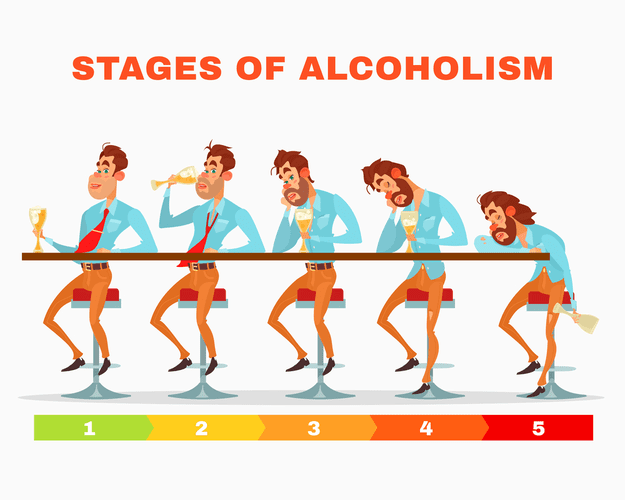Yes, eating before drinking can help slow down the absorption of alcohol and may reduce the severity of nasal congestion. Food can also help dilute the histamine and other potentially irritating compounds in beer. Yes, hops can trigger sneezing in individuals with a sensitivity or allergy to hops. This reaction is due to the immune system’s response to the allergens present in hops. For those questioning “hops and sneezing“, there lies a spectrum of reactivity.

Beer allergies and intolerances

To reduce the risk of adverse reactions, it is important to avoid wines that contain sulfites. Additionally, those with sensitivities can opt for organic or biodynamic wines that are free from added sulfites. Wine allergy symptoms can range from mild to severe, and in extreme cases may even lead to anaphylaxis. If you think you might be allergic to wine, it is important that you seek medical attention right away.
Plant-Derived Allergens
Within the vast world of beers, the role of hops is undisputed, bestowing upon each pint its characteristic bitterness and seductive aroma. Yet, for some, these very hops can unleash an allergic reaction, turning a simple sip into a symphony of sneezes. ’ isn’t without merit, as the potential for a hop allergy looms over every tankard and tumbler.
How To Stop Sneezing After Eating Chocolate

While some people may develop a slight tolerance to the effects of alcohol over time, it’s unlikely that you can build a tolerance to histamine or sulfites. If you’re sensitive to these compounds, consistent exposure is more likely to worsen symptoms than improve them. Yes, the type of beer significantly influences the likelihood of experiencing a stuffy nose. As mentioned previously, what is Oxford House darker, aged beers like stouts and ales tend to have higher histamine levels than lighter lagers and pilsners.
Want to breathe better without allergies?
- If you suspect that your sneezing is triggered by alcohol, try observing whether it occurs consistently after drinking alcohol and if other allergic symptoms are present.
- Allergy testing can determine if a person is allergic to histamine or other compounds found in red wine.
- Alcohol intolerance is caused by a genetic condition in which the body can’t break down alcohol efficiently.
- Our upcoming article aims to shed light on this curious phenomenon, examining the nuances between alcohol allergies, intolerances, and why hops might just make you reach for a tissue.
Whether you only have the occasional glass of wine at dinner or frequently enjoy late nights out, you’re sure to learn valuable tips to nip post-drinking nasal congestion in the bud. If you think you have a beer allergy or intolerance, it is important to see a doctor. Your doctor can help you determine whether you are experiencing an allergy or intolerance and provide guidance on how to manage beer makes me sneeze your condition. In the meantime, you should avoid drinking beer and read beverage labels to identify any ingredients that may be causing your reaction.
- This will help you avoid that ingredient in other products and manage your allergy effectively.
- Alcohol is rapidly absorbed into a dog’s system, and toxicity occurs quickly.
- While alcohol-induced sneezing is generally harmless, taking note of any severe or persistent symptoms is essential.
Long-Term Lifestyle Adjustments to Prevent Symptoms
When this nerve is stimulated, it can cause a sneeze reflex in some people, which is why you might find yourself reaching for a tissue after indulging in a delicious chocolate bar. Long-term alcohol use can result in chronic sleep problems and disorders like sleep apnea. Experts recommend avoiding alcohol at least three hours before bed to mitigate these negative impacts on sleep. Dr. Tina M. St. John owns and operates a health communications and consulting firm. She is also an accomplished medical writer and editor, and was formerly a senior medical officer with the U.S. While talking about the breaking down of alcohol in body, there is an enzyme called as aldehyde dehydrogenase (ALDH).
These changes increase the likelihood and duration of breathing pauses during sleep, especially for those with central sleep apnea (CSA). People with alcohol in their systems are also harder to wake up, which means they are less likely to experience the arousals that help them recover from breathing pauses during sleep. There is no conclusive evidence to suggest that alcohol-induced sneezing is inherited.
0 komentarzy